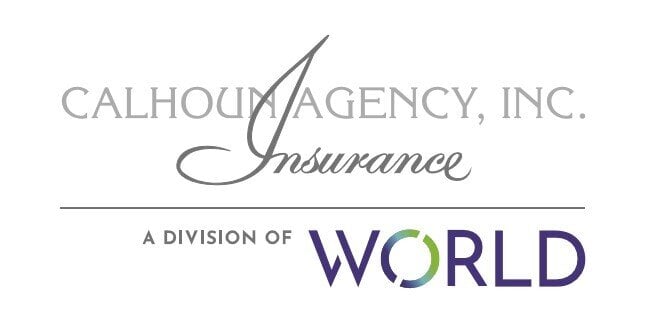Calhoun Agency
Calhoun Agency is now a division of World
Calhoun was founded in 1926 and has been serving the insurance needs of individuals and businesses in New Jersey and Pennsylvania for close to 100 years.
“Calhoun is committed to a high standard of excellence in all we do,” says Chuck Calhoun, President, Calhoun Agency. “We take professional responsibility to help our customers make the right insurance decisions very seriously, and I know World follows the same approach. We look forward to expanding the products and services we provide to our customers.”
Providing personal and business insurance services
GET STARTED WITH A FREE CONSULTATION

Office Address
19 Tanner Street, Haddonfield, NJ 08033
Office Contact
Phone: (856) 428-8090
Office Hours
Monday-Friday: 8:30 AM - 4:45 PM
Saturday - Sunday: Closed
About This Location
Calhoun Agency joined World Insurance Associates in December of 2023.
Exceptional Support
Testimonial
- Phyllis Detwiler
Testimonial
"I've been working with the Calhoun Agency for nearly 20 years. Their products are top notch, but it's their customer service is exemplary. There is tremendous personal service provided, and their attention to detail helps me relax and know that I'm taken care of and my coverage is solid in all areas. I highly recommend them in every way."
- Cliff Mautner